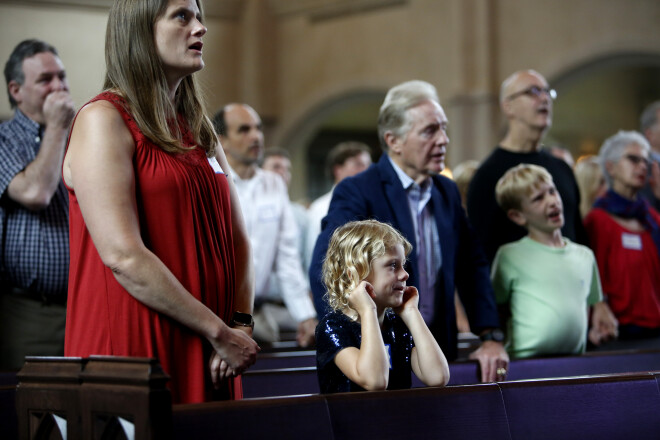The Church Missionary Creed

No passage is more decisive for understanding the ekkesia (the assembly, for which we get the Spanish word ‘iglesia’) than the conclusion of the Gospel according to St. Matthew. In 28:16-20, the risen (and by Luke’s account, soon to be ascended) Jesus claims the authority which was a distinctive feature of His ministry and which is now established by the resurrection. For this was understood (Isaiah 2:1ff., Daniel 7, etc.) to be the time of the Gentiles, the time of the healing of the nations whose consummation we read of in Revelation 22:2. Jesus sends His disciples out to proclaim this event, and the reign it commences. The place is the whole world (‘all nation’) that is God’s, the time the present until the ‘end of the age.’ The great change is that the Lord gives them the promise that He will be with them, a presence whose powerful signs are the Church, its teaching and baptism. ‘Apostles’ are literally those sent on this comprehensive and enduring mission. The Church is the people of God understood to be under these orders and depending on this promise. So the Church is inherently good-news impelled (‘evangelistic’) and sent (‘missionary’). This is not to be understood in some generalized sense, but as a result of the horizon of prophetic expectation, the event of the resurrection of Jesus, and His authoritative commissioning of them.
There are direct implications of this. The Church is ‘catholic’, that is, for the ‘whole’ and so including every tribe or people or nation. It is apostolic in the sense of sent with this specific and decisive news. And it has a truth-claim for all people and all times. The great event at the turning of the age has happened. All the world is to return, since it all is the Lord’s. The enemy, death, was one, and so it the victor. The Church has a universal message, though how it is to be conveyed as the apostles fan out will vary, and will face many challenges.
Watch ‘the importance of Easter with C.S.Lewis’ by Rowan Williams.



